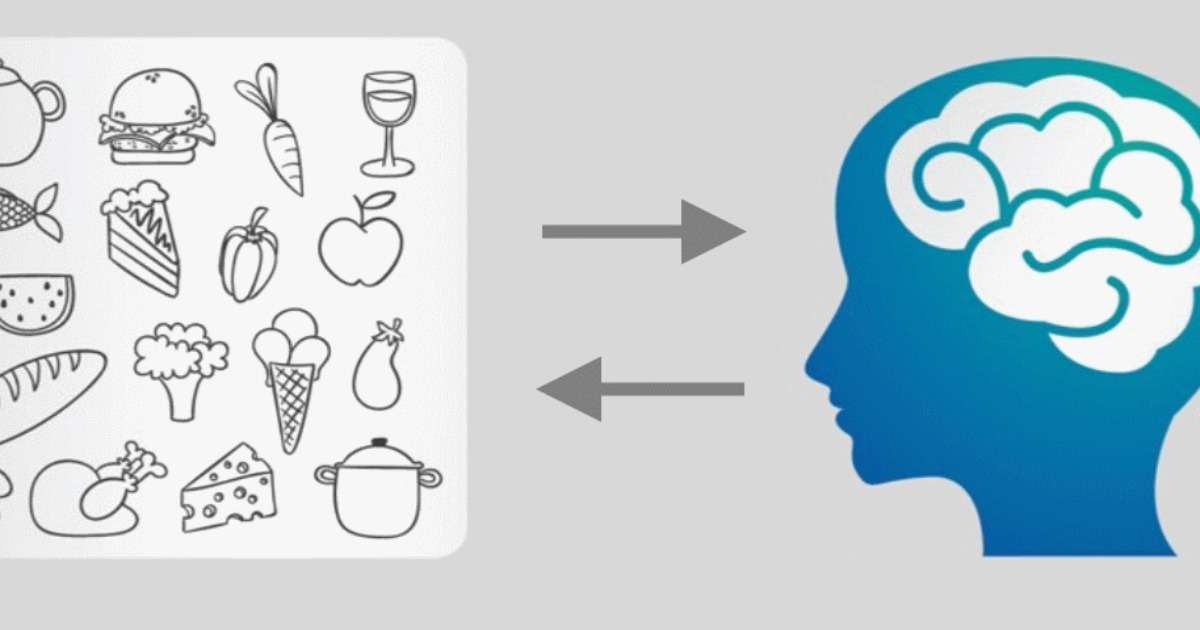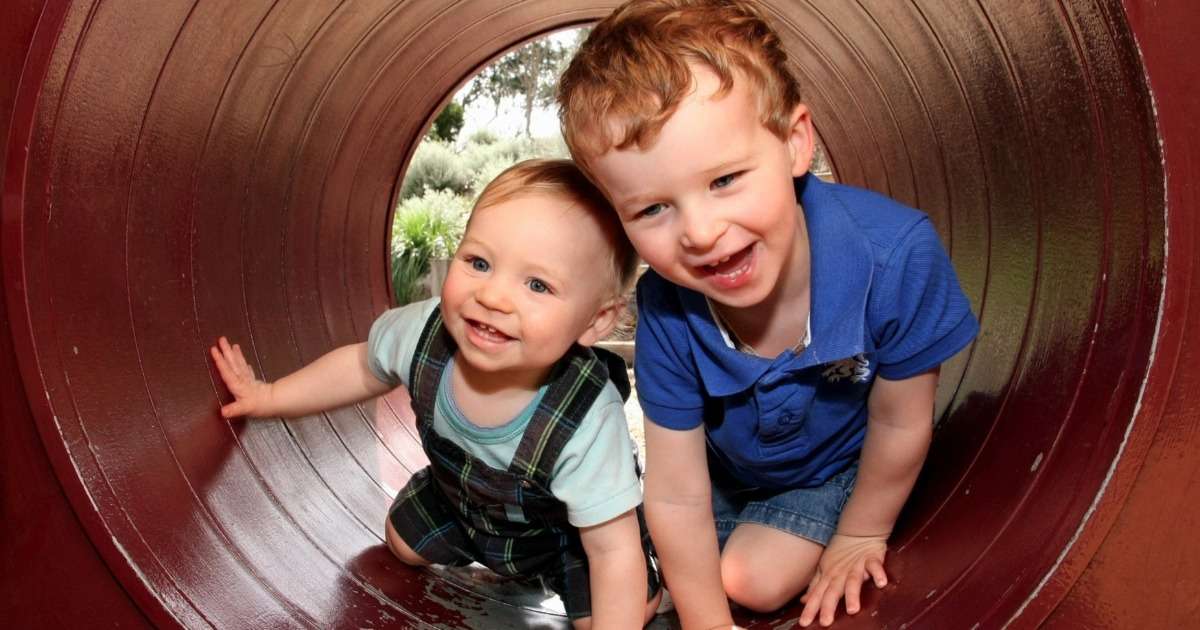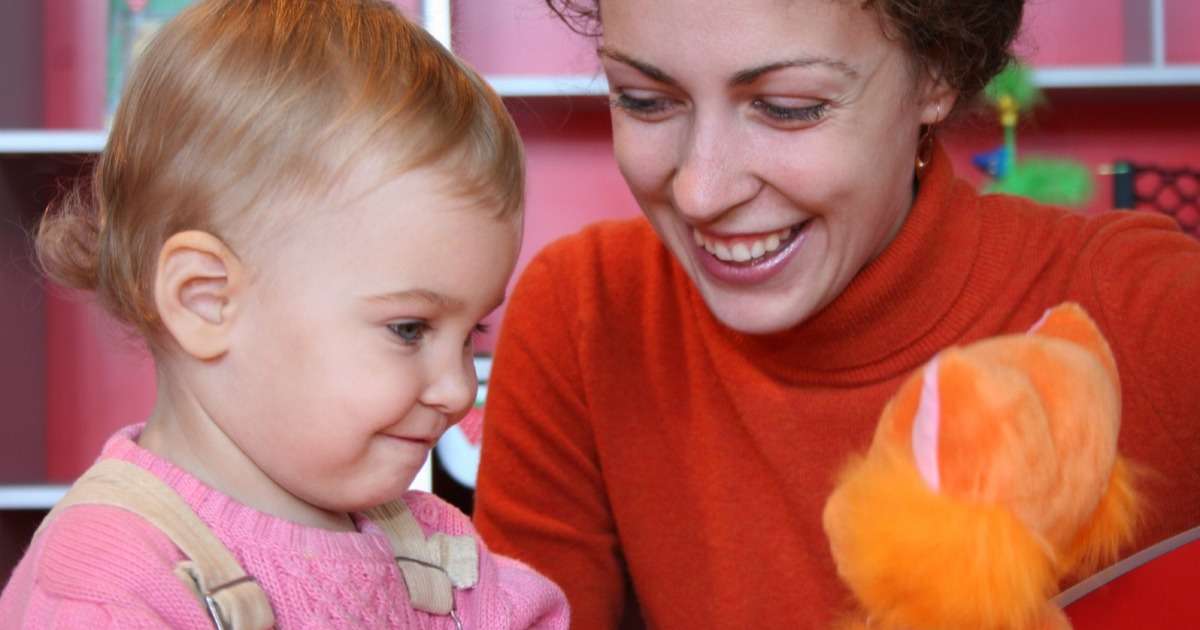Psychology
Psychology is the scientific study of mind and behavior. Many people are fascinated by human behavior. Why do we act the way we do, and how is our behavior influenced? By measuring behavior, you can discover and understand a lot about human life, and what drives humans. Dive into developmental psychology, parent-child interaction, mental disorders research, and emotion analysis.

Working memory and emotion regulation in children with ADHD
How can we understand emotional reactivity in children with ADHD? In the current study, Tarle and her colleagues examined the relation between emotion regulation and working memory in children with and without this disorder.

How do parenting practices relate to children’s nutrition risk?
Nutrition plays a vital role in children’s growth, development, and health. Researcher Walton and her team observed family mealtimes to gain a better understanding of children’s nutrition risk.

Studying posture development in infants at risk for autism
Research shows that early posture development is delayed in infants who are eventually diagnosed with an autism spectrum disorder (ASD). Understanding these delays helps to improve early diagnosis and intervention.

Food and Cognition project
The Food and Cognition project will form a cluster of partners in the East of the Netherlands, who will exchange knowledge on the topics of eating behavior, targeted nutrition and enabling technologies.

Two examples of on-site observational studies with older persons
In certain cases, observations for your study are best performed on-site. In this blog, we describe examples of observational studies with older age groups, conducted at home or at a healthcare facility.

The effects of negative campaigning on emotions
Do people display different emotions when they watch a commercial with or without negative campaigns? Sabine Dennert shares her findings in this guest blog post.

What does an infant’s gaze tell us about how hungry they feel?
McNally and her colleagues developed a coding scheme to observe infant gaze behavior and applied it in a study of complementary feeding.

How do children interact with their older autistic siblings?
In celebration of World Autism Awareness Day, this blog post focuses on the social interactions between children and their older autistic siblings.

Serious gaming reduces anxiety in children
What is the effectiveness of the applied game called MindLight in teaching children how to cope with anxiety? Wols et al. investigated this game-based intervention.

A closer look at eye contact
Infant siblings of children with or without ASD participated in a study to determine whether gaze behavior showed during a test with an unfamiliar examiner could predict gaze behavior in a more naturalistic context.
